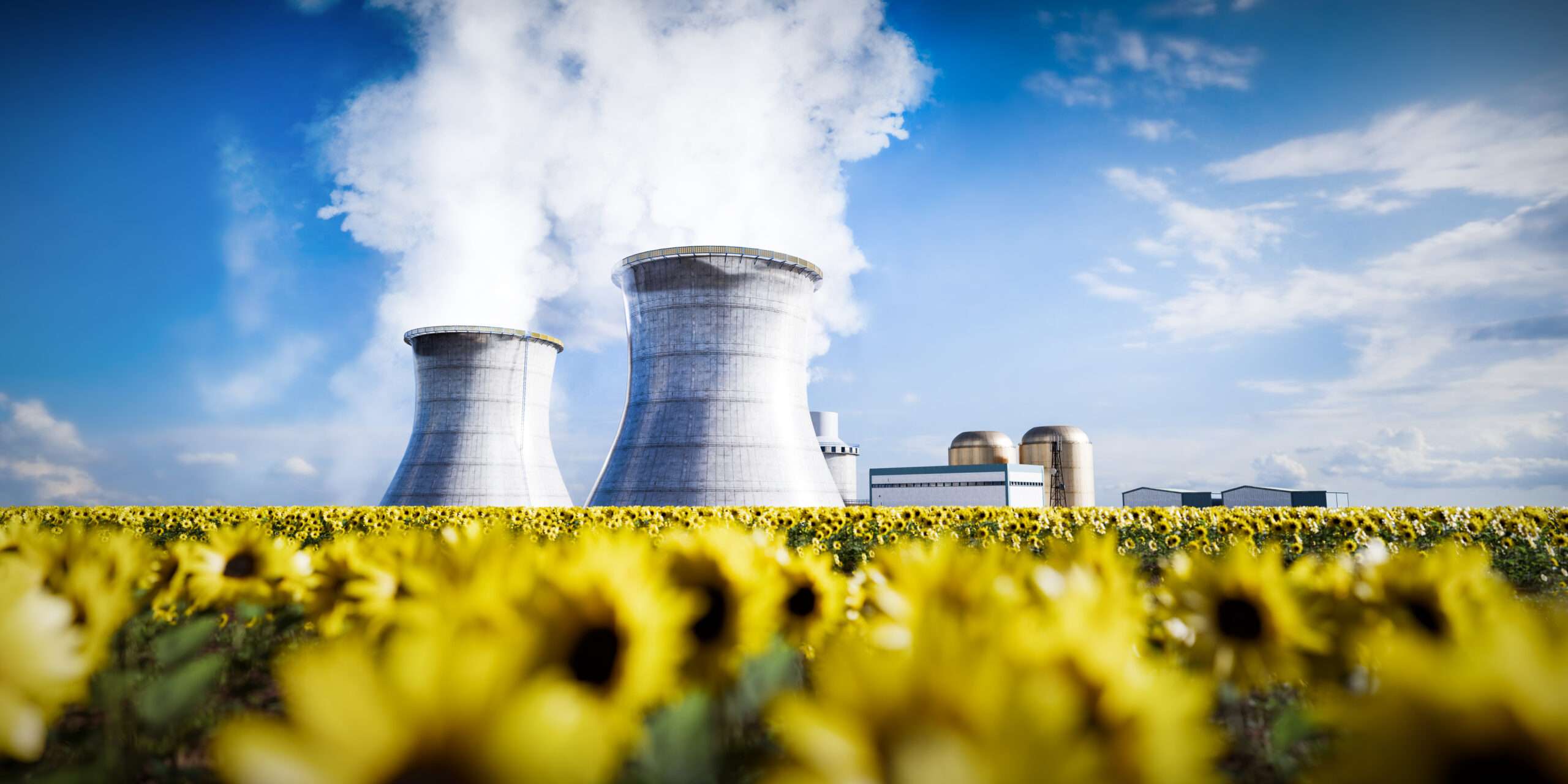Three Mile Island’s Owner to Restart Nuclear Plant to Power Microsoft’s AI Initiatives
Constellation Energy Corp. is making headlines with its decision to restart one of the reactors at the Three Mile Island nuclear power plant, which has remained dormant since 2019. The move is largely driven by a significant agreement with Microsoft, which plans to purchase all of the plant’s output for the next two decades to support its burgeoning AI operations. As businesses and technology companies grapple with soaring energy requirements, the revival of this nuclear site, infamous for its partial meltdown in 1979, is indicative of a broader trend in energy production. The financial incentive provided by the 2022 Inflation Reduction Act, which offers tax breaks for such ventures, has also played a pivotal role in this decision, compelling Constellation to invest $1.6 billion to bring the reactor back online.
The Three Mile Island incident in the late 1970s was a watershed moment not only for the plant itself but for the entire nuclear industry, leading to increased regulations and public skepticism toward nuclear energy. The fallout from that event resulted in the permanent closure of one reactor and fostered an environment less conducive to the establishment of new nuclear plants. In fact, this century has seen only two new commercial nuclear power plants open, a stark reflection of the regulatory and societal hurdles that the industry has faced. However, the renewed focus on energy production is now intricately linked to the growing demands of sectors like artificial intelligence, which are often labeled as “energy hogs” by environmentalists.
Notably, the very environmental advocates that pushed against nuclear energy in the aftermath of the Three Mile Island disaster have now redirected their criticisms toward AI, deeming it a significant contributor to climate change. This creates a paradox, as nuclear power—once seen as a threat—is potentially being revived to mitigate the energy demands associated with AI’s growth. The interplay between these two domains also provokes a broader discussion about the viability of nuclear power in the context of modern energy needs. Some argue that the ongoing battle for energy capacity is an essential piece of the puzzle as society aims to innovate and progress.
While environmental concerns regarding energy consumption are legitimate, the demand for power is an essential consideration in moving toward a technologically advanced future. The reopening of the Three Mile Island reactor might signal a critical shift in public and regulatory perspectives on nuclear power. As new technologies emerge and existing industries expand, the need for increased energy capacity is paramount. This perspective counters the prevailing narrative that energy demands should be stifled due to potential environmental impacts. Instead, increased energy production may be viewed as a step forward in driving economic growth and innovation.
Various analysts contend that the stagnation in economic growth since the 1970s can be primarily attributed to restrictive policies that have stifled the construction and operation of new power plants. Revitalizing nuclear energy, including the restart of plants like Three Mile Island, could potentially reverse this trend and promote a renewed trajectory of economic advancement. This situation illustrates the paradox of encouraging sustainable practices in light of burgeoning energy requirements. While there are critiques regarding tax credits and subsidies associated with nuclear projects, the act of reopening facilities can still be framed as a win for the future.
In summary, the reopening of the Three Mile Island reactor by Constellation Energy is a pivotal development within the energy sector, particularly regarding its implications for the AI industry’s power demands. This revival not only represents a move toward meeting modern energy requirements but also challenges the conventional narratives surrounding environmentalism and technological advancement. As societies grapple with the balance between advancing technology and maintaining environmental sustainability, the future of energy production, particularly nuclear energy, stands to play a crucial role in shaping that balance. Through this turn of events, the narrative of energy production and its intersection with technological progress is being redefined, emphasizing the necessity of adapting energy policies to meet the challenges of the future.
Share this content:












Post Comment